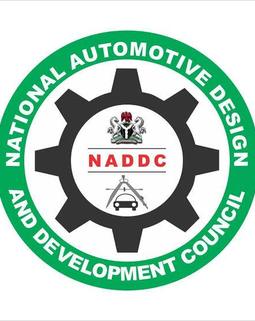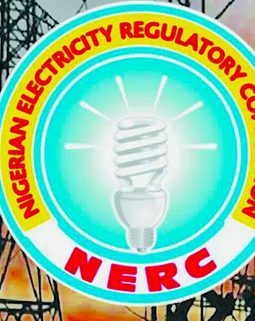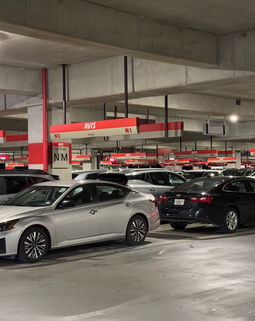In recent news, on Thursday in Abidjan, the Board of Directors of the African Development Fund decided to accept a grant in the amount of $21.6 million. Donations were granted for the third phase of the Comoros National Road Network Rehabilitation Program.
The African Development Fund and the African Development Bank Group come together to form the conglomerate that decides whether or not to provide the money to African countries like Nigeria. The former makes a contribution to the grant in the amount of $14.1 million. Meanwhile, the latter contribute $7.5 million to the endeavor. In addition, the budget for the Transition Support Facility is given its stamp of approval by the African Development Bank Group. The Transition Support Facility is an organization established specifically with the aim of providing funds for initiatives similar to these.
The third phase of the mega-project focuses on improving the RN21 (Domoni-Mrémani) roadway, RN32 (Wallah-Nioumachoua) highway, and RN2 (Ourovéni-Foumbouni) in Grand Comoros. The three major road networks are critical for the economic and tourism growth of the union as they cover the areas that have the potential for the development of these sectors. Pamphile Code, the project's team leader, briefed the journalists that these infrastructural developments will allow the populace to travel to the remotest regions of the union, which will help boost the country's economic growth. He said that previously, the development in these regions was hindered because of the poor infrastructural conditions.
The proposed development of the RN21 will serve several villages on the island of Grand Comores. It will also connect these villages to several roads in the region. Presently, only the beaches of Ourovéni and Malé, which visitors, including foreign tourists, patronize, are accessible from the RN2. Moreover, the RN32 passes through the agricultural regions, contributing the largest chink to the country's agricultural produce. Through RN32, these products will be easily transported to the towns and cities, from where they will be shipped to the other islands from the small port of Hawaii.
These three sections pass through the most populated regions of the union. According to official data, 41.2% population lives in the area from where the Domoni-Mrémani section passes. Furthermore, the Ourovéni-Foumbouni sector has a population density of 51.5 percent (7.2 km long). About 7.3 percent of the population is served by the Wallah-Nioumachoua stretch (9 kilometers).
It is reported that the African Development Bank Group has invested in four major active operations. According to the official data, as of February 2022, the group has injected $85 million into the project.





